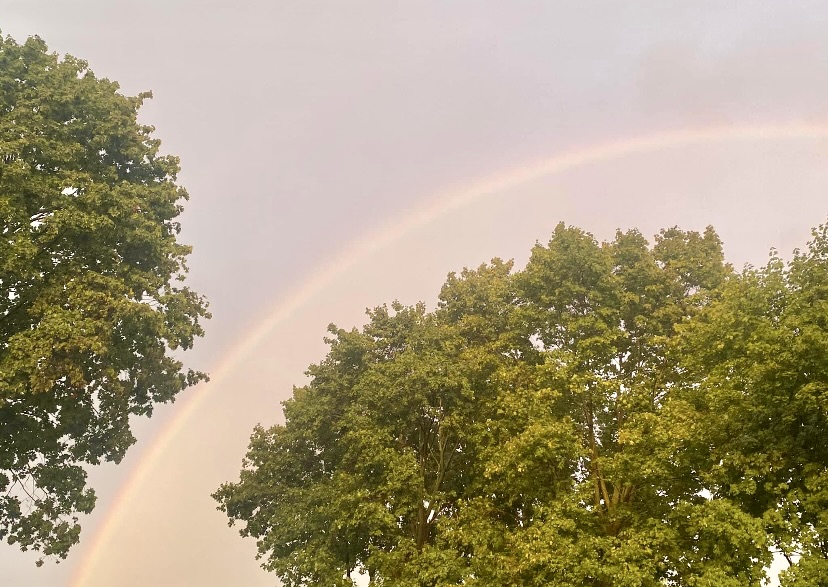Thirteen-year-old me is not going to look up from her book when you speak to her.
She’s not going to do more than glance to the side of you, a finger pressed to her page and her eyes straying back to the paragraph at hand.
If you address her directly, she’ll finish the sentence, press the covers of the book together over her stretched thumb, and offer a polite smile while her eyes stray back to the page. The space behind those eyes is still in another world and not on that couch in the living room. Her mind is engaged in another conversation that is, frankly, much more interesting than what you’re about to say.
She is enough of herself to feel slightly guilty, for a moment.
She remembers her sitting in a house paid for by others, reading a book from a library somebody drove her to, eating snacks painstakingly prepared for her by people who just want the best for her. But, she’ll think, I do this everyday anyway, right?
Until she can’t.
Until her grandmothers don’t quite remember how to start a conversation, don’t quite know what to do with gnarled fingers no longer capable of slicing and mixing and serving, doesn’t remember enough about the girl sitting across from them to do much more than stare blankly ahead, a lifeless smile pasted on creased lips.
Until her grandfathers stop trying to impart any wisdom on her, stop pestering her to call more, stop knowing how to ask for help and ask for silence instead.
Then she will ask herself what happened to all those years on those couches.
One day, she’ll sit on that couch for the last time. One day she’ll eat the last breakfast her grandmother can make, hearing her grandfather’s hoarse laugh for the last time.
What will she think of when she remembers those summers? The books she read, the stories she couldn’t quite escape into?
Or will she sit with furrowed brows, trying to remember the stories that had actually mattered from the people who never asked her to escape, only to listen?
If you spoke to her now, she’d close the book.



